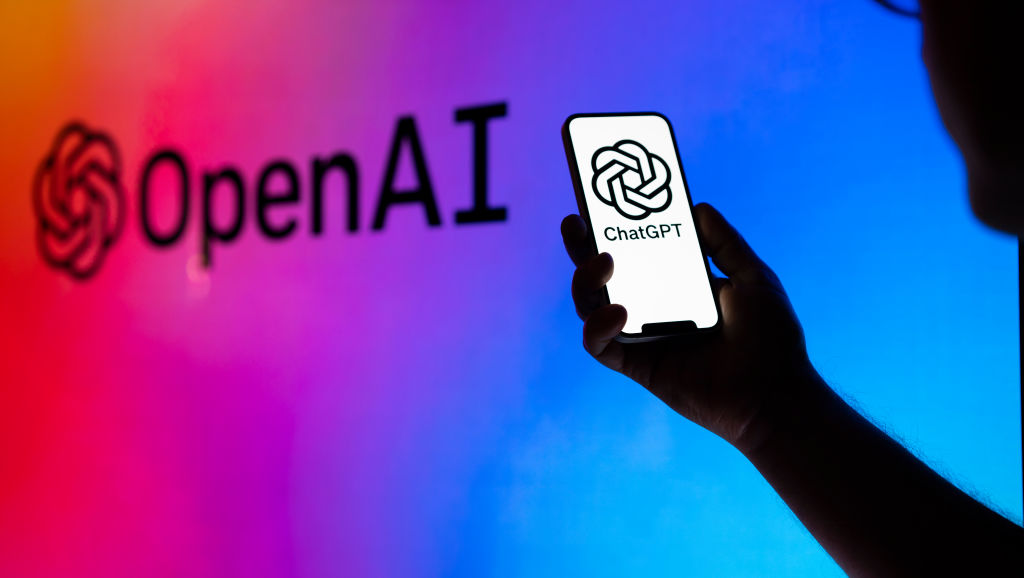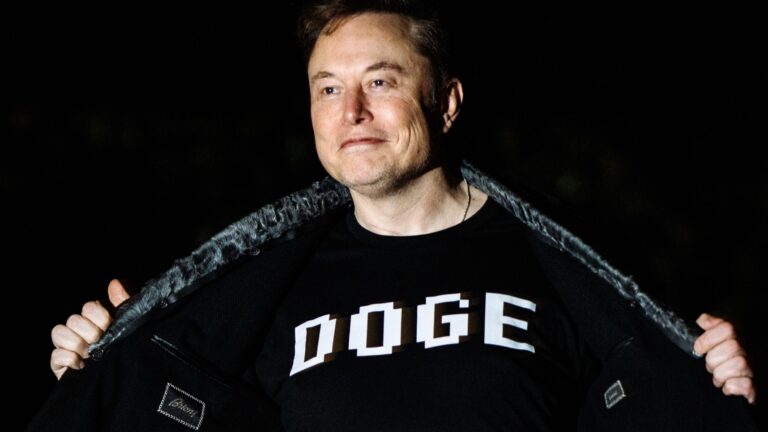Armed America Radio touts one of its hosts, Mark Walters, as the "loudest voice in America fighting for gun rights." Now it appears that Walters' prominent commentary on gun rights and the Second Amendment Foundation (SAF)—a gun rights nonprofit that gave him a distinguished service award in 2017—has led generative AI chatbot ChatGPT to wrongly connect dots and make false and allegedly malicious statements about the radio host. That includes generating potentially libelous statements that Walters was once SAF's chief financial officer and treasurer and that he was accused of embezzling funds and defrauding SAF.
Now, Walters is suing ChatGPT owner OpenAI in a Georgia state court for unspecified monetary damages in what's likely the first defamation lawsuit resulting from ChatGPT's so-called "hallucinations," where the chatbot completely fabricates information.
The misinformation was first uncovered by journalist Fred Riehl, who asked ChatGPT to summarize a complaint that SAF filed in federal court.
That SAF complaint actually accused Washington attorney general Robert Ferguson of "misuse of legal process to pursue private vendettas and stamp out dissent." Walters was never a party in that case or even mentioned in the suit, but ChatGPT disregarded that and all the actual facts of the case when prompted to summarize it, Walters' complaint said. Instead, it generated a wholly inaccurate response to Riehl's prompt, falsely claiming that the case was filed against Walters for embezzlement that never happened while serving at an SAF post that he never held.
Even when Riehl asked ChatGPT to point to specific paragraphs that mentioned Walters in the SAF complaint or provide the full text of the SAF complaint, ChatGPT generated a "complete fabrication" that "bears no resemblance to the actual complaint, including an erroneous case number," Walters' complaint said.


 Loading comments...
Loading comments...
